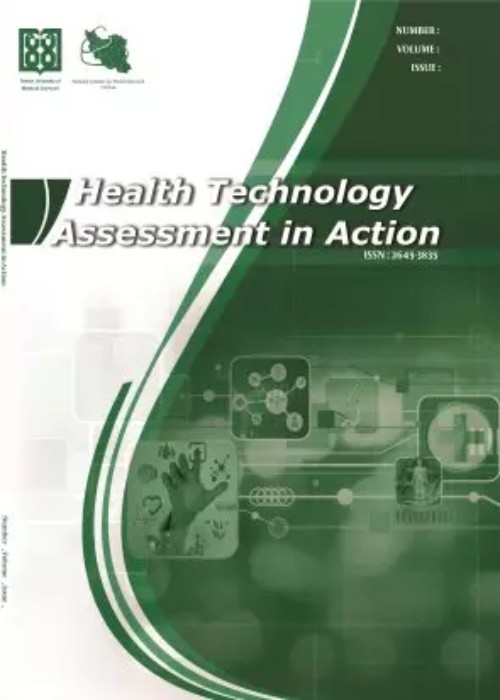Evaluating the Quality of the Iranian Systematic Reviews, Meta-Analysis, and Economic Evaluations in Healthcare from 2005 to 2015
The number of studies on health is increasing rapidly worldwide and in Iran. Systematic review studies, meta-analysis, and economic evaluation are of great importance in evidence-based decision making because of their standing in the evidence-based pyramid. The purpose of this study was to evaluate the reporting and methodological quality of Iranian systematic reviews, meta-analysis studies and economic evaluations on healthcare.
PubMed and Scopus databases were searched to find considered studies, including systematic reviews, meta-analysis, and economic evaluations published from2005 to 2015. Because of the high volume of review studies, 10% of all systematic reviews and meta-analysis were selected as a random sample. Also, all economic evaluations were included. Articles were evaluated using checklists, including PRISMA, AMSTAR, and QHES with a maximum score of 27, 11 and 100, respectively. The quality score for each criterion as well as the epidemiological and descriptive characteristics of all articles was determined. Data were analyzed using SPSS 16 software.
After searching the databases, 1084 systematic reviews and meta-analysis were obtained, 10% of which were included in the study. A total of 41 economic evaluations were also included. The mean scores of systematic reviews and meta-analysis based on PRISMA and AMSTAR checklists were 17.04 (5.35) and 5.42 (1.97), respectively, and 68.21 (12.44) for economic evaluations based on QHES. Only three systematic reviews and meta-analysis articles had recorded protocols and 85% of the studies included the terms “systematic review” and “meta-analysis” in their titles. Only one study had been updated. Also, 81% of the systematic reviews and meta-analysis were published in specialized journals and 47% in Iranian journals. Financial resources and conflict of interests had been mentioned in 33% and 66% of the studies, respectively. Of the selected studies, 60% had evaluated the quality of the articles and 35% of the studies had assessed publication bias. In economic evaluations, 56% had used CEA analysis, 22% CUA analysis, 12% CBA analysis, and one study had used CMA analysis. Of these studies, 54% were model-based health economic studies and 12% were trial-based. The economic perspective was the health care system in most studies. Forty-four percent of the studies had a short time horizon of one year or less, whereas 33% had a lifetime horizon. Moreover, 68% of the studies showed sensitivity analysis and only 5 included the magnitude and direction of the bias.
Overall, the reporting and methodological quality of the selected studies were estimated at a moderate level. Based on these results, it is recommended to adopt strategies to reduce preventable errors in studies. Having a primary plan and protocol and registered it as a systematic review can be an important factor in improving the quality of studies. Economic evaluations should also focus on issues, such as economic perspective, time horizon, available bias, and sensitivity analysis.
- حق عضویت دریافتی صرف حمایت از نشریات عضو و نگهداری، تکمیل و توسعه مگیران میشود.
- پرداخت حق اشتراک و دانلود مقالات اجازه بازنشر آن در سایر رسانههای چاپی و دیجیتال را به کاربر نمیدهد.


